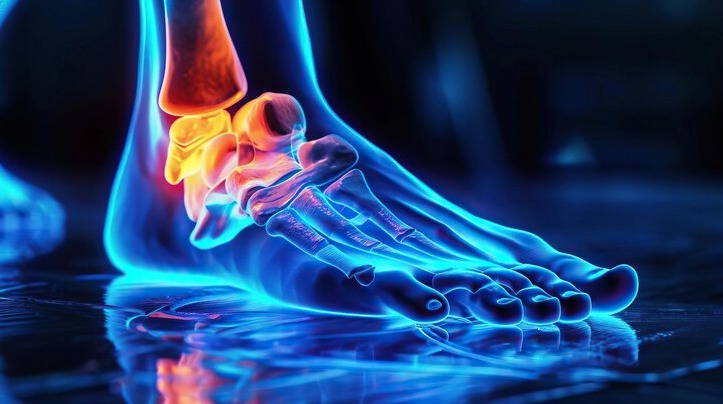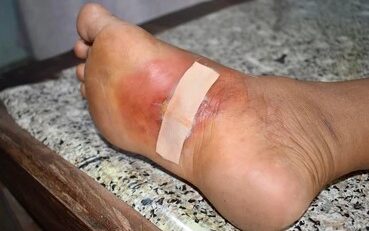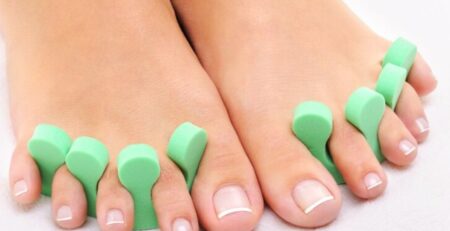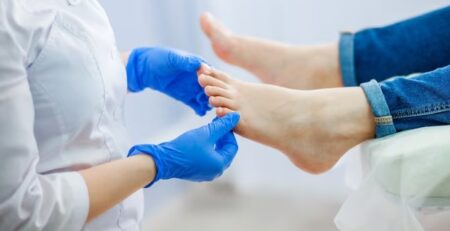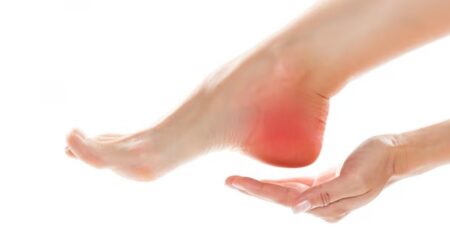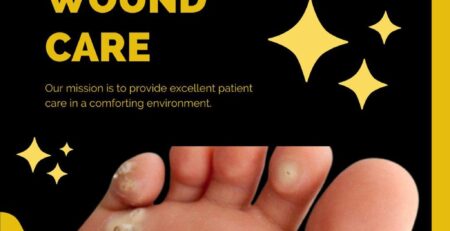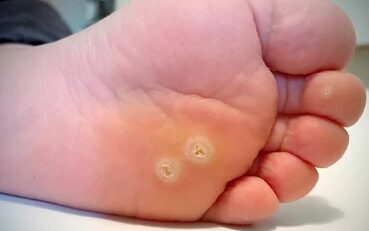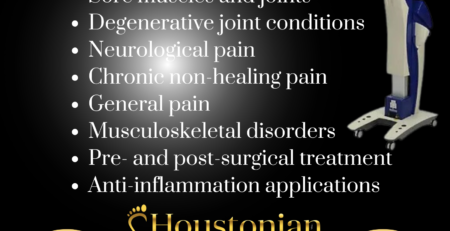Understanding Achilles Tendon Pathology
A Guide by Houstonian Foot & Ankle Specialists (Achilles Tendon Pathology In Uptown)
Achilles tendon pathology is a common condition that affects individuals of all ages and activity levels. Whether you’re an athlete or a sedentary individual, issues with the Achilles tendon can significantly impact your quality of life. In this comprehensive guide, we’ll delve into the intricacies of Achilles tendon pathology, exploring its causes, symptoms, diagnosis, and treatment options. As trusted experts in foot and ankle care, Houstonian Foot & Ankle Specialists (Achilles Tendon Pathology In Uptown) are here to provide valuable insights into managing Achilles tendon issues effectively.
Understanding the Achilles Tendon: The Achilles tendon is the largest tendon in the human body, connecting the calf muscles to the heel bone. It plays a crucial role in various activities such as walking, running, and jumping. Despite its strength, the Achilles tendon is susceptible to injury and degeneration due to its repetitive use and limited blood supply.
Causes of Achilles Tendon Pathology by Houstonian Foot & Ankle Specialists (Achilles Tendon Pathology In Uptown)
- Overuse: Excessive or repetitive stress on the Achilles tendon, such as frequent running or jumping, can lead to microtears and inflammation.
- Tight calf muscles: Reduced flexibility in the calf muscles can increase strain on the Achilles Tendon Pathology In Uptown during movement.
- Poor footwear: Ill-fitting shoes or footwear with inadequate support can contribute to Achilles tendon issues.
- Age-related degeneration: As we age, the Achilles tendon may undergo degenerative changes, making it more prone to injury.
- Sports-related injuries: Athletes participating in high-impact sports are at a higher risk of Achilles tendon injuries, such as ruptures or tears.
Common Symptoms: Individuals with Achilles tendon pathology may experience the following symptoms:
- Pain and stiffness in the back of the heel, especially during physical activity or upon waking up in the morning.
- Swelling and tenderness along the Achilles tendon.
- Limited range of motion in the ankle joint.
- A noticeable lump or thickening in the tendon.
- Difficulty walking or participating in activities that require pushing off with the foot.
Diagnosis: Diagnosing Achilles tendon pathology typically involves a thorough physical examination and may include imaging tests such as ultrasound or MRI scans. During the examination, your healthcare provider will assess your range of motion, strength, and tendon integrity to determine the extent of the injury or degeneration.
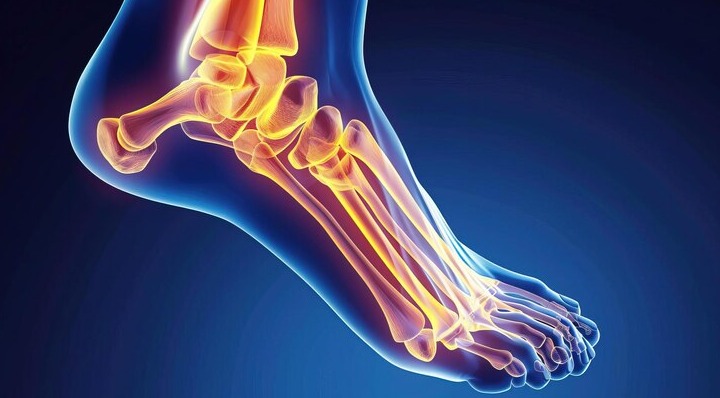
Treatment Options: The treatment approach for Achilles tendon pathology depends on the severity of the condition and may include:
- Rest and activity modification: Avoiding activities that exacerbate symptoms and incorporating rest periods can help alleviate pain and promote healing.
- Physical therapy: Specific exercises and stretches can improve flexibility, strengthen the calf muscles, and promote proper biomechanics to reduce strain on the Achilles tendon.
- Orthotic devices: Custom orthotic inserts or shoe modifications can provide support and cushioning to alleviate pressure on the Achilles tendon.
- Immobilization: In severe cases, wearing a walking boot or brace may be necessary to immobilize the ankle and allow the tendon to heal.
- Medications: Nonsteroidal anti-inflammatory drugs (NSAIDs) or corticosteroid injections may be prescribed to reduce pain and inflammation.
- Surgery: In cases of severe tendon damage or rupture, surgical intervention may be required to repair the tendon and restore function.
Prevention Strategies: To prevent Achilles tendon pathology and reduce the risk of recurrence, consider implementing the following strategies:
- Gradually increase the intensity and duration of physical activity to avoid overloading the Achilles tendon.
- Incorporate regular stretching and strengthening exercises into your fitness routine to improve flexibility and muscle balance.
- Choose supportive footwear that provides adequate cushioning and stability, especially during high-impact activities.
- Listen to your body and avoid pushing through pain or discomfort during exercise.
- Maintain a healthy body weight to reduce excess stress on the Achilles tendon.
Contact Us For Achilles Tendon Pathology In Uptown
As per Achilles Tendon Pathology In Uptown , It can significantly impact your daily life, but with proper diagnosis and treatment, most individuals can achieve significant relief and return to their regular activities. Whether you’re a weekend warrior or a seasoned athlete, it’s essential to prioritize the health and well-being of your Achilles tendon. If you’re experiencing symptoms of Achilles tendon pathology, don’t hesitate to consult the experts at Houstonian Foot & Ankle Specialists (Achilles Tendon Pathology In Uptown) for personalized care and effective treatment options. Remember, early intervention is key to preventing further damage and promoting long-term recovery.
Visit Us For Achilles Tendon Pathology In Uptown
